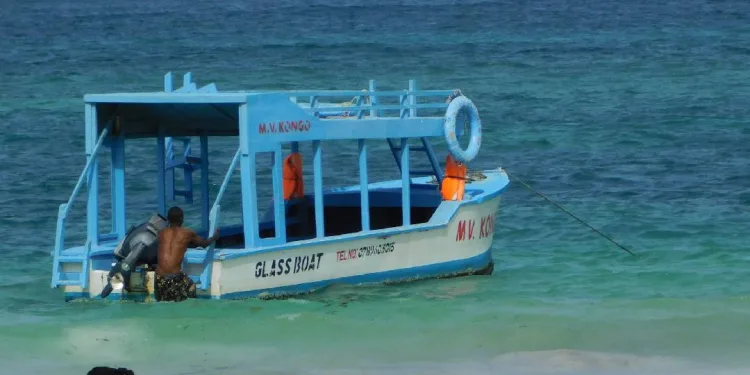Julius Musyoki’s journey as a designer and sculptor began when he crafted a wooden toy car for his son, frustrated with store-bought toys that broke easily. This simple act evolved into a thriving enterprise and led to the founding of the Common Interest Organisation in Mombasa County. Musyoki’s toys gained popularity, progressing from street sales to exhibitions, social media marketing, and partnerships with art shops.
During the COVID-19 lockdown, Musyoki applied for and secured a grant under the Go Blue Project. With €18,500 (around Sh2.5 million) funding, his organisation began creating culturally inspired crafts focused on the Mijikenda and Pokomo communities. Products such as wooden toy cars infused with local cultural motifs and handcrafted items like baskets and mats were developed. Collaborating with artisans, including individuals with disabilities, Musyoki also introduced marine-themed toys like fish and dolphins.
Similarly, in Diani, Kwale County, the Millennium Handcraft Cooperative benefited from the Go Blue Project. With a Sh334,000 grant, they expanded their showroom and improved working conditions for sculptors, enhancing productivity. The cooperative, known for traditional artifacts, is developing a website to boost online sales, enabling foreign clients to purchase products remotely.
The Go Blue Project, a partnership between Kenya and the European Union, has granted nearly €600,000 (Sh80 million) to 16 coastal organisations to promote tourism and cultural heritage within the blue economy. These initiatives have created over 100 long-term jobs and provided mentorship in business development, marketing, and visibility strategies, advancing the coastal development agenda.















